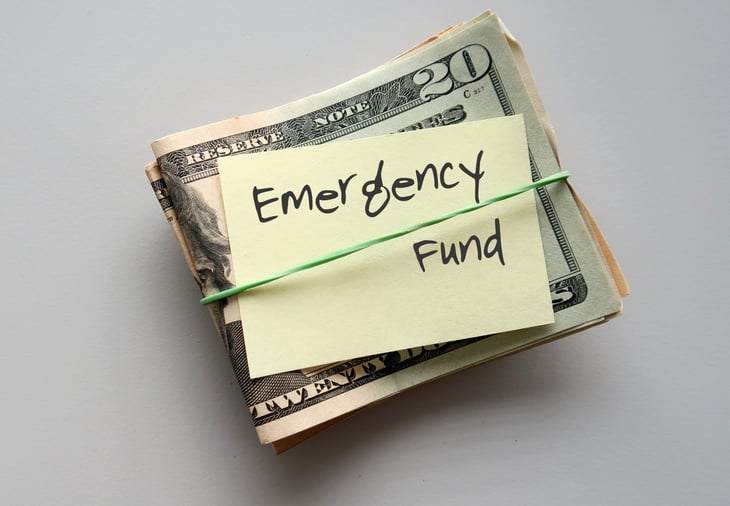
Recently, one of my friends who lives on a small, fixed income revealed something shocking. She recently was forced to drop her homeowners insurance. She simply could no longer afford it. It was either move out or go without.
She’s not alone. According to a recent report from S&P Global Market Intelligence, the average rise in homeowners’ premiums nationwide was 8.8% from January through August 2023. But in many states, it’s much worse.
In Arizona, rates from the largest carriers rose by a weighted average of 18.4% during the first eight months of 2023. In Texas and Illinois, the increase was more than 16%. Arkansas, Louisiana, Tennessee and Utah have seen rates rise by double digits.
In Florida, rates are projected to rise by as much as 40%. If not more: The flood insurance on my Florida home recently increased more than 60%.
These increases are hard enough when you have a decent income. For those on lower or fixed incomes, increases like these can literally price you out of your home, or leave you choosing between the roof over your head and the food in your pantry.
What’s a homeowner to do? While we can’t control insurance companies or state regulators, we’re not helpless. Here are some ideas to fight back against soaring insurance rates.
1. Shop around

Your insurance company knows you. They know you hate dealing with insurance. They know that once they have you, you’re likely to stand like a deer in the headlights, even as they send you bigger and bigger bills.
Maybe you assume that there’s nothing you can do, since companies all charge about the same anyway. That’s wrong. Rates often vary widely among insurance companies. So if you want to save money, shopping is absolutely, positively step No. 1.
As soon as you’re finished with this article, take a few minutes and hit an insurance shopping site. One you can try: Provide marketplace.
Pull out your policy, and spend a few minutes on this step. There are only two possibilities. Either you’ll find you can save a ton of money, or you’ll find that the deal you already have is the best you can get. So you win savings or peace of mind.
Either way, you’re better off than you are now.
2. Raise your deductible

If you had a $500 loss on your home, would you file a claim with your insurance company? It’s probably not a good idea, since claims can result in higher rates. (More on that in a minute.)
So here’s the question: If you wouldn’t report a $500 claim, why do you have a $500 deductible?
The more of a loss you’re willing to pay for out of pocket, the less your insurance will cost. According to the Insurance Information Institute, “If you can afford to raise your deductible to $1,000, you may save as much as 25 percent.”
3. Bundle your policies

When shopping for the best rates on homeowners insurance, don’t forget to contact your car insurance company. Some insurers offer a 5% to 15% discount to clients who have multiple policies with them, according to the Insurance Information Institute.
There’s no guarantee your insurer makes this offer, but it’s worth asking. And while you’re at it…
4. Talk to your company

Sometimes the best way to save is also the easiest. Try simply asking your insurer for a better rate. The Insurance Information Institute reports some companies will offer a 5% discount to customers who have been with them for three to five years, and up to 10% for customers who’ve been with them for longer periods.
And while you’re talking, ask your company about ways to reduce your premiums. Updating utilities, getting smoke or burglar alarms, adding storm shutters and installing other weather protection can go a long way toward lower premiums.
Your company is the one who knows how to reduce your costs. Ask them.
5. File claims judiciously

Obviously, you buy homeowners insurance so you’re protected. But that doesn’t mean you should routinely file claims.
“There’s a significant correlation between claims that are made and future additional likelihood of claims being made,” Chris Hackett, senior director of personal lines policy at the Property Casualty Insurers Association of America, told Insurance.com.
In short, use insurance as needed, but try not to overdo it.
What’s your experience with homeowners insurance? Any surprise price increases or savings? Share with us in a comment below or on our Facebook page.




Add a Comment
Our Policy: We welcome relevant and respectful comments in order to foster healthy and informative discussions. All other comments may be removed. Comments with links are automatically held for moderation.